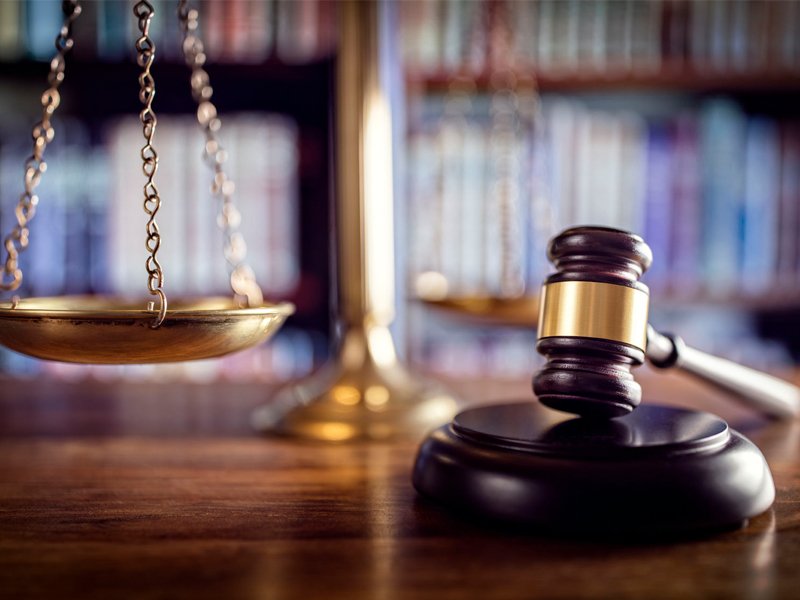"The measure of a country's greatness is its ability to retain compassion in times of crisis."
THURGOOD MARSHALL
THURGOOD MARSHALL
Mass incarceration is the greatest civil rights issue of our time. We have over 5,000 jails and prisons in the U.S. and the related infrastructure and resources that support it; it is the most comprehensive network of detention the world has ever known and has resulted in the US incarcerating 25 percent of the world's prisoners despite our country representing just five percent of the global population. The U.S. addresses social problems such as poverty, homelessness, and mental illness by incarcerating people and it is time to dismantle these structures of White Supremacy and re-imagine a new value system to community well-being: one that is not discriminatory toward people of color and those living in the margins.

Oregon is now facing the unfortunate results of having overlooked women for too long during the era of mass incarceration. Over the past twenty years, the incarceration rate of women in Oregon has tripled, despite the crime rate being at 30-year lows. We should question how long we are locking women up for, at what cost and why we are doing so. Learn how we work with women in prison to support their path to success after incarceration.

The criminalization of immigrants has created a mass deportation system that threatens the integrity of our families and communities. Overly punitive immigration laws and policies often leave non-citizens in the criminal justice system with no meaningful opportunity to fix their status, regardless of the value they contribute. Learn how we protect the rights of non-citizens in the legal system.

There's a lot we can do to ensure that Oregon courts don't send innocent people to prison for crimes they did not commit. At the same time as innocent people in prison undoubtedly suffer from being convicted and deprived of their freedom, victims, their families, and our community are also harmed by wrongful conviction. Learn how we help wrongfully convicted Oregonians clear their names.

Defending the civil and human rights of people in Oregon’s prisons and jails and people in contact with police protects them from abuse, ensures their needs are met, and upholds their dignity. We also support the rights of people outside the legal system so they can live, work, and play safe from harm. Learn how we safeguard Oregonians’ rights.

Established science teaches us that brain development in teens and “emerging adults” is different from that of adults who are fully mature. Our legal system has been slow to respond to this fact by moderating how it engages with young people who commit serious crimes. Learn how we’re reforming laws, policies, and practices that fail to “treat kids as kids.”

Many incarcerated Oregonians are serving excessively long sentences that advance no public safety purpose and are costly. We challenge disproportionate sentence and advocate for reform, including abolishing the death penalty, restricting the use of life-without-parole sentences, eliminating solitary confinement, and repealing mandatory minimum sentences.
We use a justice center model which allows us to offer several distinct projects that can operate semi-independently. They provide direct representation or limited legal advice to people who otherwise would not have access to legal services. The benefits of this model allow what would typically be stand-alone nonprofits to share administration, management, and development resources under a single organizational banner. Additionally, with the diversity of programs and expertise under a single umbrella, we are the only organization in Oregon that is involved in all non-prosecutorial aspects of the criminal justice system, from arrest through reentry. This is a nationally innovative and unique model, and allows us the opportunity to address criminal justice reform holistically and grounded in client experiences.